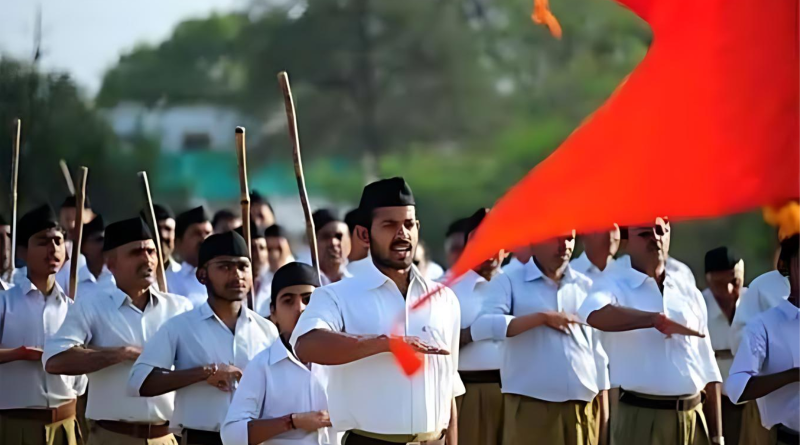Segmental damage-attempt on RSS by Congress!
Since 1948, the Congress party has systematically targeted the Rashtriya Swayamsevak Sangh (RSS) with periodic bans to curb its influence within India
The RSS survived these bans and often emerged stronger, challenging Congress’s efforts to undermine it. The first ban was imposed shortly after Mahatma Gandhi’s assassination on January 30, 1948. Without a proper inquiry, Rashtriya Swayamsevak Sangh leader MS Golwalkar was arrested on February 2, 1948, and the organization was banned on February 4, 1948. Congress politician Dwarika Prasad Mishra acknowledged in his autobiography that some politicians used Gandhi’s assassination to defame the Rashtriya Swayamsevak Sangh. Despite the Nehru government’s efforts, the ban was lifted on July 11, 1949, and Golwalkar was released two days later. In 1966, the Indira Gandhi-led Congress government banned government employees from joining the RSS and set up a commission to probe Gandhi’s assassination further. The Kapur Commission, which examined numerous witnesses and documents, concluded in 1969 that there was no evidence linking the RSS to Gandhi’s murder.
The commission found that the accused were not proven to be RSS members and that the organization was not involved in violent activities against Gandhi or top Congress leaders. Union Home Secretary RN Banerjee also testified that banning the RSS would not have affected the conspirators or the course of events. Despite these findings, Congress continued its efforts against the RSS. During the Emergency in 1975, the Rashtriya Swayamsevak Sangh was banned again, but it played a pivotal role in leading a movement that contributed to the defeat of the Emergency and Congress. Another ban attempt occurred in 1992 following the Babri Masjid demolition. Still, the Rashtriya Swayamsevak Sangh rebounded, and its ideological ally, the Bharatiya Janata Party (BJP), later formed the first National Democratic Alliance (NDA) government at the Center. The Congress’s attempts to diminish the Rashtriya Swayamsevak Sangh’s influence have repeatedly failed, and the organization has often used these challenges to strengthen its position within Indian politics and society.




